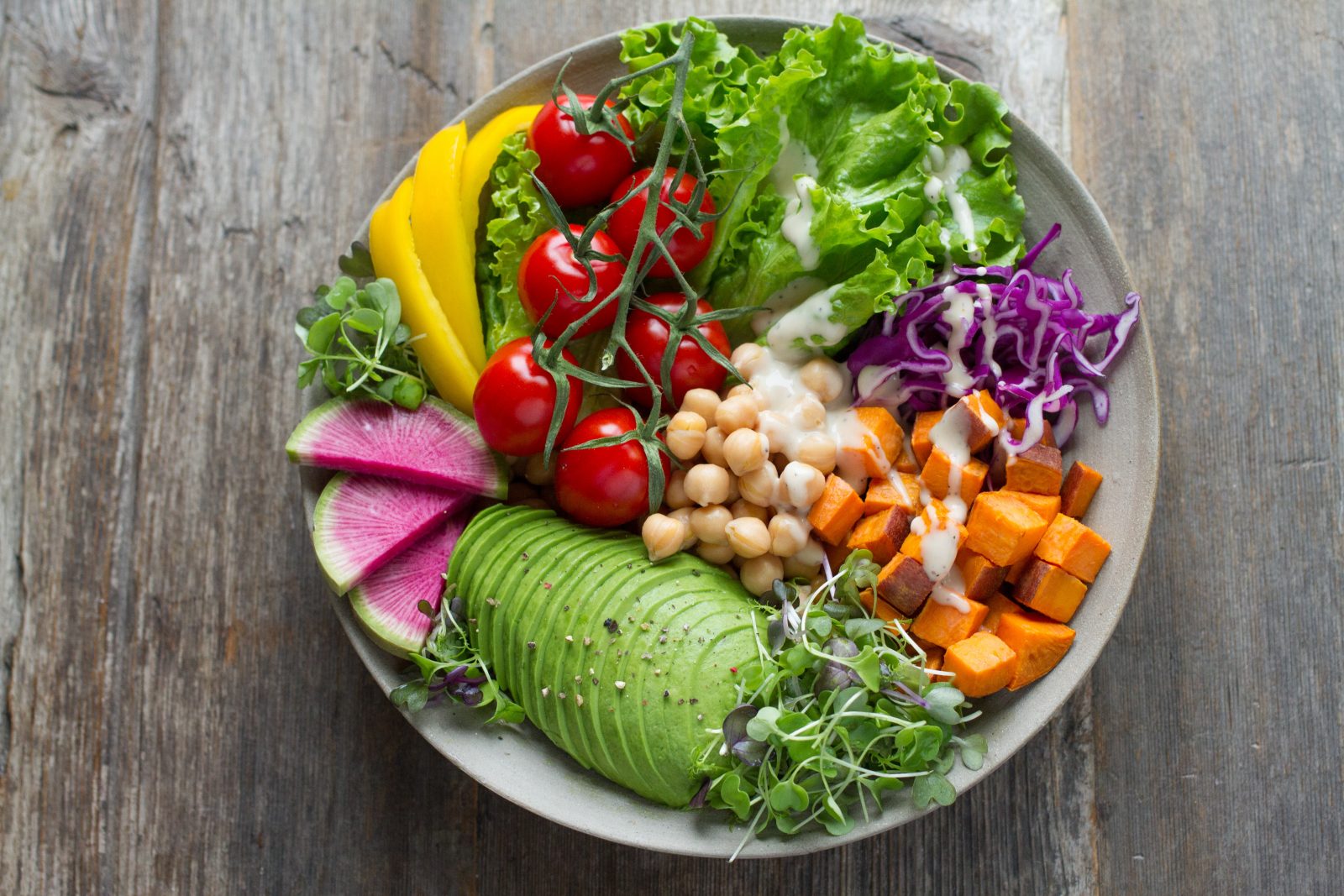 If you work with a Fitbliss nutrition coach you already know we monitor your fiber intake on a weekly basis, but have you ever wondered why it matters?
If you work with a Fitbliss nutrition coach you already know we monitor your fiber intake on a weekly basis, but have you ever wondered why it matters?
Here’s the scoop.
Fiber is a carbohydrate and a special one at that because the body cannot digest it. There are many evidence-based benefits of fiber including the following:
- Fiber keeps your digestive system regular and helps to prevent constipation
- Foods that contain fiber are digested more slowly, thus fiber will help you to feel more full for longer periods of time
- Fiber helps to lower blood cholesterol and glucose levels
- Adequate daily intake of fiber is linked in various studies to lowering the risk for diabetes, heart disease, colon cancer, and even breast cancer
Aiming to eat 25-30 grams per day from food sources (as opposed to supplements) is a good general rule to reap the benefits of this incredible carbohydrate.

Some of our favorite fiber-rich foods & their approximate grams of fiber per serving are:
- High fiber bran cereals (9-14g)
- Beans (6-9g)
- Split Peas (8g)
- French beans (8g)
- Chickpeas (8g)
- Raspberries (8g)
- Blackberries (7g)
- Artichoke (7g)
- Wheat bran (5g)
- Pear (5g)
- Pumpkin Seeds (5g)
- Avocado (5g)
- Apple (5g)
- Chia Seeds (5g)
- Soybeans (4g)
- Prunes (4g)
- Sweet potato (4g)
- Potato (4g)
- Popcorn (3g)
- Almonds (3g)
- Orange (3g)
- Banana (3g)
- Seeds (3g)
Why is it so important to get fiber from food? Can’t I just take a supplement?
Fiber supplements are notorious for causing digestive upset. We can’t even count how many times a client has reached out to us because they are bloated, constipated, and generally uncomfortable. With a little prodding, we find out they have been using fiber gummies or a similar product to hit their fiber goals. It’s important to understand that many of these products are not well studied and often have ingredients that cause inflammation in the gut. So yes, you may hit your fiber goals for the day, but at what cost?
Our team also uses your fiber and micronutrient intake to gauge that you are eating enough whole, nutritious foods for optimal health versus just filling your day with processed foods. Remember, there are no good or bad foods (balance is key here) but you will notice a difference in your satiety, digestion, and overall well being, based on the foods that you eat.
If you are looking for more help on incorporating fiber into your daily routine… Check out our Ebook for over 50 sample meal plans that all incorporate fiber!
Leave a Comment